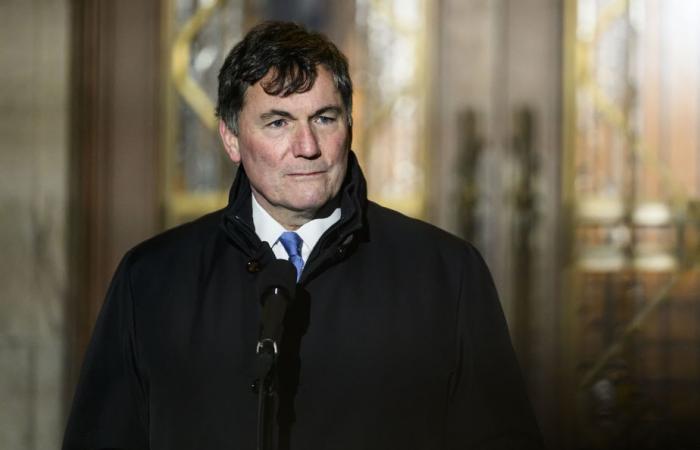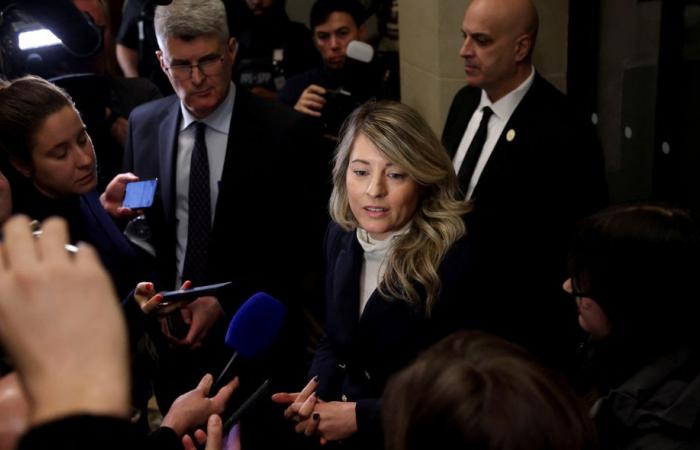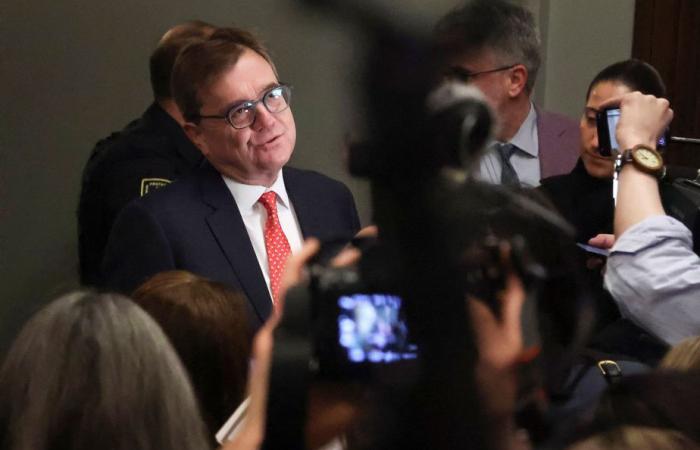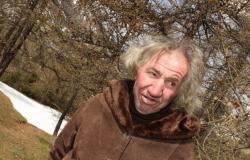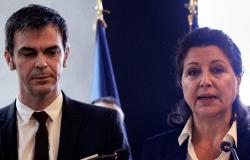(Ottawa) Tipped to become the next leader of the Liberal Party of Canada (PLC), Minister Dominic LeBlanc chose not to run to focus on the threat posed by Donald Trump to the Canadian economy. His Quebec colleagues Mélanie Joly and François-Philippe Champagne are considering this.
Posted at 10:28 a.m.
Updated at 1:04 p.m.
Ministers Steven MacKinnon and Jonathan Wilkinson have also confirmed that they are considering succeeding Justin Trudeau. The prime minister announced his resignation on Monday, but must remain in office until a new leader is elected.
“I thought about it and concluded that for the moment, the important job I have as Minister of Finance in the face of the threat of US tariffs was still a full-time job and I decided to focus on that and I will be at my desk at the Ministry of Finance very early tomorrow morning to do this work and I am very calm,” declared Mr. LeBlanc in a press scrum on Wednesday before going to the meeting of the liberal caucus.
The New Brunswick elected official made his decision known on social networks an hour before the caucus meeting which should be used to determine the rules of the leadership race to succeed Justin Trudeau.
Minister Mélanie Joly, who also occupies a key position within the Cabinet, has not ruled out getting involved. She says she has received many messages of support across the country.
“I am continuing my reflection and I am very aware that the relationship with the Americans is currently very difficult and in the circumstances, I have my work as Minister of Foreign Affairs at heart, so I will continue my reflection,” he said. -she affirmed.
PHOTO PATRICK DOYLE, REUTERS
The Minister of Foreign Affairs, Mélanie Joly
“The question I ask myself in the context of the relationship between Canada and the United States is: where can I have the greatest impact,” she added.
One of the determining factors is whether she should leave her post as minister to campaign. “That will be up to the Prime Minister and the party to decide, but it is also part of my thinking,” she replied.
Rules to be determined
The rules of the leadership race are not yet known and are expected to be discussed at the Liberal caucus meeting on Wednesday. First convened at the initiative of MPs to show Justin Trudeau the door, this meeting now aims to determine how the race will unfold.
“We’re going to see the rules, but I’m sure I’m considering it seriously,” François-Philippe Champagne responded quickly before going to the caucus.
The Minister of Employment, Workforce Development and Labour, Steven MacKinnon, has also said he is interested in becoming the next Liberal leader.
“I measure whether I can be the leader who understands and can understand all regions of Canada, who values all regions of Canada, who knows how to communicate his ideas in all regions of Canada and who demonstrates the listening skills that I think that people criticize us for not doing enough,” said the member for Gatineau.
British Columbia’s Minister of Energy and Natural Resources, Jonathan Wilkinson, is also considering being on the starting block. He wants “a robust race”.
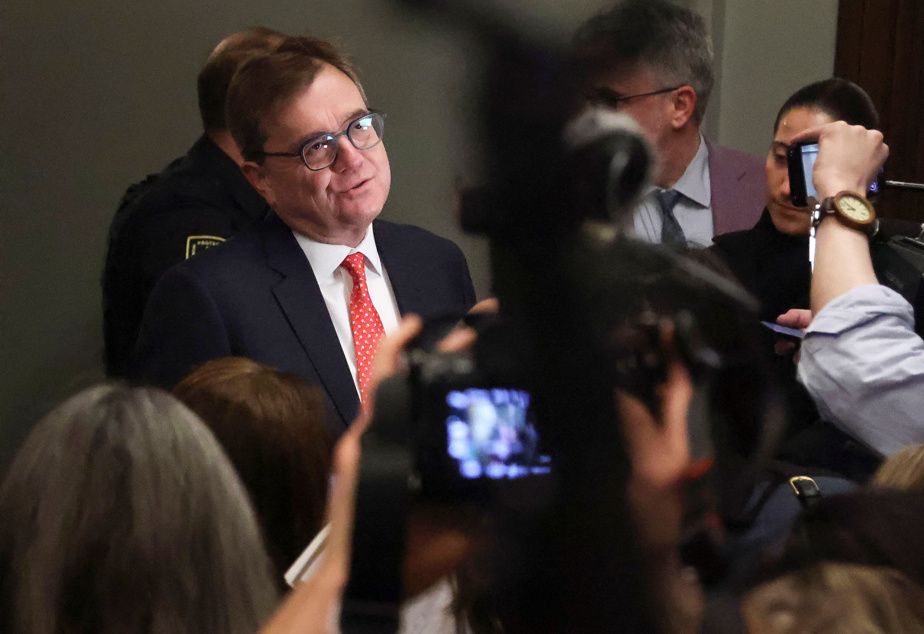
PHOTO PATRICK DOYLE, REUTERS
The Minister of Energy and Natural Resources, Jonathan Wilkinson
-“Many of my colleagues have approached me to encourage me to apply and I am considering it and will continue to discuss it with them,” he revealed.
“I haven’t made a decision now, but I have to decide in the next week. »
Former minister Chrystia Freeland has avoided the media, but she is reportedly working behind the scenes to get started. Her shock resignation on the day she was to present the economic update was the catalyst for Mr. Trudeau’s resignation.
Several MPs were in favor of tightening the criteria in order to avoid any foreign interference. “A Canadian citizen in good standing should start with that, it should be a person who can vote,” insisted New Brunswick MP René Arseneault in an interview.
In its preliminary report, the Hogue commission uncovered flaws that would have allowed China to try to influence the choice of a candidate for the nomination in the riding of Don Valley-North in 2019, in Ontario. Chinese students were bused to the inauguration grounds to support Han Dong’s candidacy.
The PLC subsequently indicated that it had no intention of changing its rules. Its spokesperson defended on Wednesday the open membership of the political party which allows supporters to become members free of charge if they have an address in Canada. They do not need to have permanent residency or be Canadian citizens.
“Our open and inclusive process allows us to hear from more people in the communities we meet and helps foster civic engagement with those who may one day have the privilege of voting in a federal election,” explained Matteo Rossi in a written statement.
The leadership race will take place in an unstable political context both on the national and international scene.
In Canada, the three opposition parties – Conservatives, Bloc and New Democrats – all intend to bring down the government as soon as they get the chance. Elections could thus be called before the next prime minister has time to warm up his seat.
Donald Trump’s return to the White House on January 20 also raises a lot of concern. Shortly after his election in November, he threatened to impose 25% tariffs on Canadian imports to the United States, which could cause a recession. On Tuesday, he went even further by affirming at a press conference that he wanted to use “economic force” to annex Canada.
Threats from Trump: federal ministers want to be cautious
Several federal ministers said Wednesday that we should not overreact to US President-elect Donald Trump’s comments on the annexation of Canada, but that we should still take them seriously.
Foreign Affairs Minister Mélanie Joly said Canada should not “take the bait” from Mr. Trump, but also should not back down in its efforts to counter the threats he makes.
On the prospect of annexation, Dominic LeBlanc believes that it is a way for Mr. Trump “to sow confusion, to agitate people, for no reason”.
Public Safety Minister David McGuinty said his priority was to ensure border security and remind Americans how interconnected the two neighboring countries are.
Immigration Minister Marc Miller repeated an earlier comment comparing Mr. Trump’s rhetoric to an episode of the animated comedy series “South Park.”
The Canadian Press

